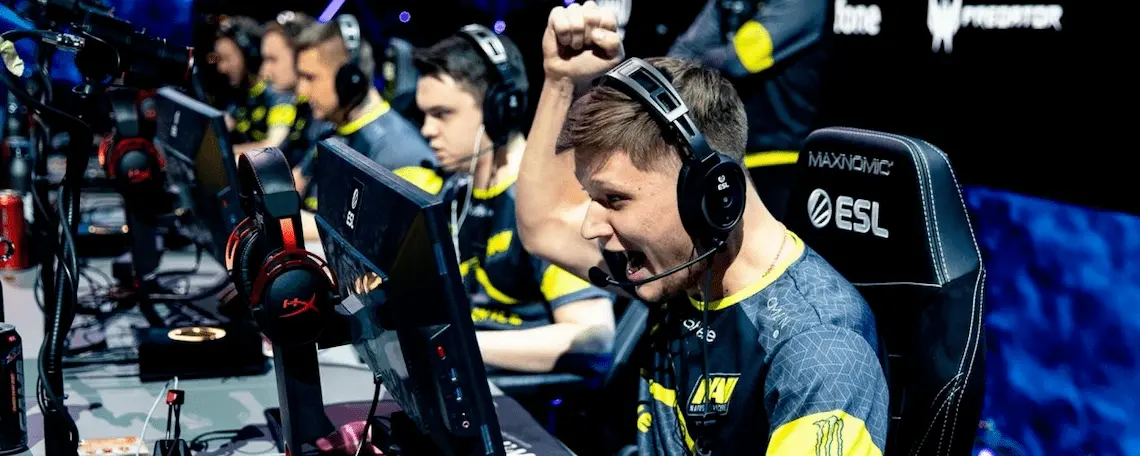
Research shows that the market for esports betting is expanding exponentially. Statista reports that in 2024 it was over $2.5 billion and will expand to $3.2 billion by 2028. It is fueled by the popularity of esports in the world, especially in regions such as Asia (South Korea, Japan), Europe (Germany, UK), and North America. Its expansion occurs due to an increasing number of esports fans who attract amateur and professional gamblers.
However, it’s important to note that different analytics agencies provide varying estimates of the market size. For example, Statista, as cited by PML Daily, forecasts the market will reach $2.5 billion in 2024 and grow to $3.5 billion by 2029. On the contrary, Fortune Business Insights estimates the overall esports industry at $2.39 billion in 2024 increasing to $5.11 billion through 2028. Industry Research Biz has estimated the sector at $671.78 million through 2024 and at $2,709.03 million through 2028. Discrepancies such as these are perhaps down to the method taken within the study and by market definition.
Viewer Engagement
Esports betting increases viewer interest, as the audience views games for longer durations, a success for the ecosystem. Studies show that gambling increases sponsorship value, which happened in traditional sports when gambling was legalized.
Additionally, esports is deeply integrated into traditional betting platforms such as B1bet, Bet365, 1Win, etc. It legitimizes betting and makes it accessible to the masses. Multiple betting choices such as Moneyline, Handicap, and Over/Under bets on maps, kills, or rounds in games such as Counter-Strike 2 are present.
Popular Games
The most popular games for betting include Counter-Strike 2, League of Legends, DOTA 2, Call of Duty, and Valorant. According to Rivalry, the "big three" (Counter-Strike, Dota 2, League of Legends) account for 80–90% of betting volume, with Valorant quickly gaining popularity. The availability of bets varies by game. For example, Counter-Strike 2 includes second- and third-tier events, while Valorant has fewer major tournaments, which affects market diversity. The future will depend on whether publishers like Valve or Riot Games can clearly separate AAA and non-AAA matches and establish regular major leagues.
Industry Challenges
The esports betting industry faces several challenges:
- Legal Problems and Regulation: Legal regulation of esports betting differs across jurisdictions. Esports betting is legalized and regulated in certain states and countries but is in a grey area elsewhere, and others view it as illegal. The lack of a single-stop international regulating body makes it more complicated.
- Problem Gambling: So far, problem gambling has largely emerged as the dominant one of esports gambling, especially among youths. Exposure to gambling at a young age due to engaging in esports is raising eyebrows about becoming addicted to it.
- Match-Fixing: Match-fixing remains a genuine threat. Despite all the steps taken against it, there are still match-fixing cases. Anonymity and extensive skin betting in the past have added to the challenge of regulating this problem.
The future of esports betting will therefore depend on the success with which these challenges are addressed, in addition to the tastes and preferences of the generations to come. Pending these considerations, most sport analysts foresee esports betting by 2030 being a mainstream sector in the betting market.
Regional Market Characteristics
Asia, especially China, South Korea, and Japan, is one of the largest markets for esports and esports betting. North America and Europe also have high demand and growth for esports betting.
Types of Esports Bets
Other than betting on match winners, some other popular types of bets include:
- Individual map/round bets: Betting on which player will win a particular map or round of a game.
- Handicap: Betting on a team with a hypothetical advantage or disadvantage.
- Over/Under: Betting on the number of maps, rounds, or kills in a match.
- Prop Bets: Bets laid on specific occurrences within the game, i.e., "first blood," player kills, etc.
- Tournament Winner Bets: Betting on the winner of the whole tournament.
- Live (In-Play) Betting: Bets that are made while the live game is being played in real time.
Sponsorship and Economic Contribution
Betting increases the sponsorship value of events and teams in esports. Betting also enables investment by bookmakers, which beneficially impacts the growth of the whole ecosystem of esports.
Conclusion
The esports betting market is still strong as regards opportunities for growth. But its future growth relies on fixing the issues that are currently present, such as regulation, safe gaming, and competition integrity. Keeping facts current and using credible sources will create trust in analytics within this rapidly developing market.